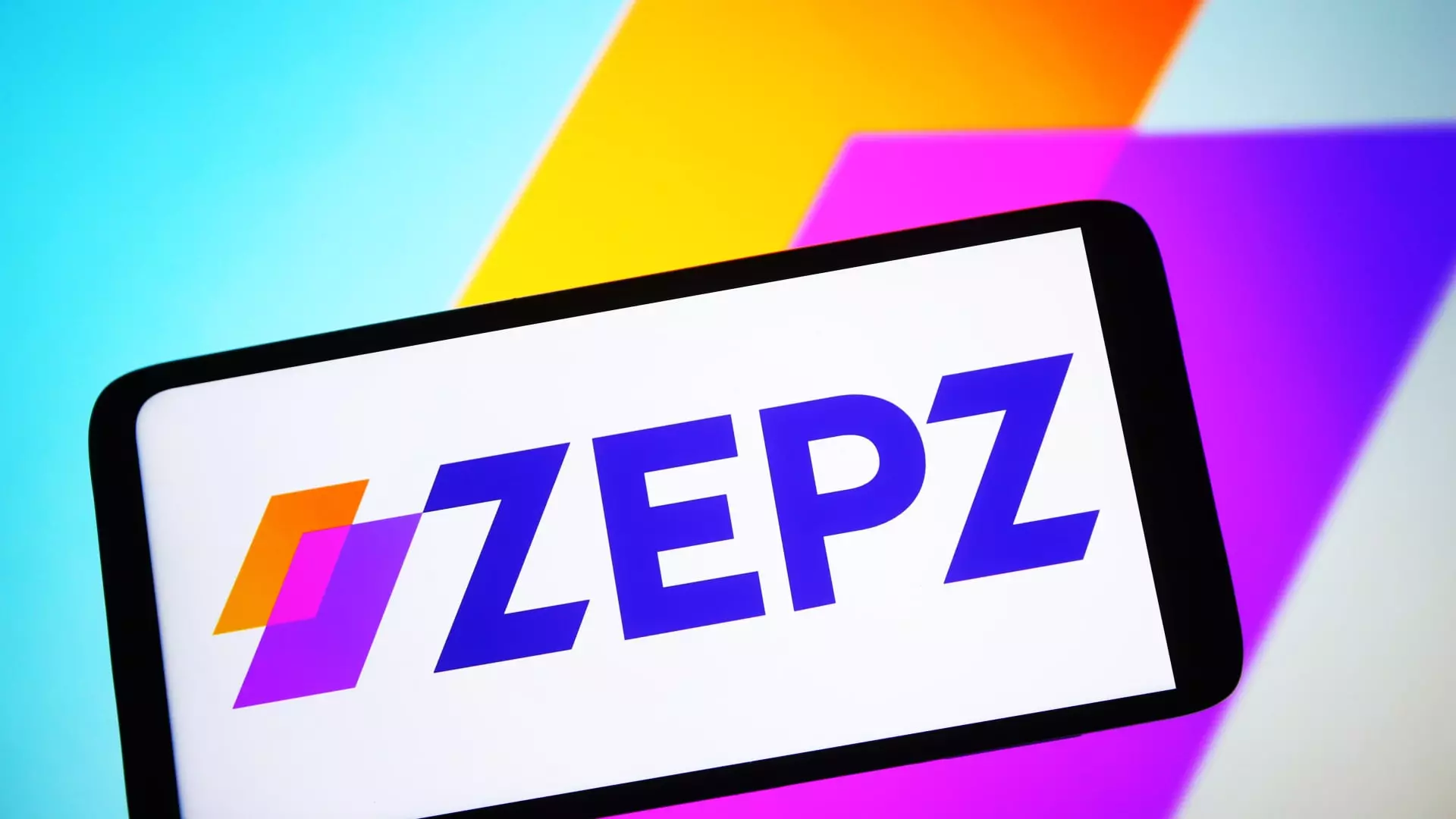The recent announcement of significant layoffs at Zepz, a prominent player in the digital remittances landscape, has sparked discussions on sustainability, growth, and the ever-changing dynamics within the fintech sector. As the company shifts its focus toward efficiency and the integration of advanced technologies, both the employees affected and the fintech ecosystem are left questioning the broader implications of these changes.
With approximately 200 IT workers set to lose their jobs, equating to a staggering 20% of Zepz’s global workforce, the ramifications of these layoffs extend beyond mere statistics. This reduction is indicative of a larger trend in the fintech industry where companies are grappling with the need to remain competitive while simultaneously managing their operational costs. Layoffs at Zepz are not just about numbers; they represent a significant alteration in the company’s operational capabilities, particularly within key IT functions such as software engineering and database management.
The leadership at Zepz justified these layoffs by highlighting a strategic pivot aimed at securing long-term growth. According to the company, the completion of replatforming efforts—enhanced by automation and Artificial Intelligence—has led to a diminished need for certain roles. While this approach may streamline operations, it simultaneously raises ethical concerns regarding job security and the human impact of such corporate decisions. Employees affected by these changes expressed their concerns about the immediate consequences on their lives and livelihoods, revealing a human side to an otherwise corporate restructuring effort.
Redefining the Business Landscape
Zepz’s decision to scale back operations in Poland and Kenya not only signifies a shift in operational strategy but also reflects a broader trend observers are noting within the fintech industry. Established players in the digital remittance space, like Zepz, are under pressure to optimize their service offerings while navigating an increasingly competitive market populated by tech giants such as PayPal and newer entrants like Remitly. The decision to close regional offices indicates a recalibration of where the company sees potential for sustainable growth—a move that could either fortify or jeopardize its market position.
As Zepz evolves post-acquisition of Sendwave, the company’s identity has transformed significantly. By consolidating its brand under Zepz, which now oversees both WorldRemit and Sendwave, the company is attempting to build a united front in a complex marketplace. This transition requires the delicate balance of maintaining agile operational structures while ensuring that the customer experience remains seamless. While Zepz claims that these job cuts will not affect customer service directly, the long-term implications of decreased personnel could manifest in reduced innovation or slower response times in addressing user needs.
Despite the drastic measures being taken, Zepz remains a notable contender in a sector ripe with competition. The company was valued at $5 billion in 2021, bolstered by significant investment from venture capital firms like Accel and TCV. Yet, the fintech landscape is notoriously volatile, and with the impending talk of a potential IPO, the stakes are higher than ever. Investors and analysts alike are keenly observing how these workforce reductions will influence the company’s fiscal health and public outlook.
Moreover, Zepz’s history of cost-saving measures, which included the laying off of 420 employees in prior rounds, suggests a cyclical approach to financial sustainability that could alarm stakeholders if repeated too frequently. As Zepz finesses its operational strategies, investors will need assurances that these changes will not only minimize financial risk but also enhance the company’s market relevance.
In navigating its next steps, Zepz stands at a crossroads where it must balance operational efficiency with its ethical responsibility to employees. The narrative that the layoffs are a “difficult choice” speaks to an awareness of their impact, yet the success of the organization moving forward will heavily depend on how it integrates these workforce changes with its mission to serve migrants globally.
In an era dominated by rapid technological changes and heightened competition, Zepz’s journey highlights the need for a more sustainable approach to growth that does not come at the expense of human capital. As the digital remittances sector continues to evolve, the challenges Zepz faces may serve as case studies for others in the industry, emphasizing the importance of empathetic leadership and responsible business practices. Ultimately, the path forward will require innovation not just in technology but also in corporate governance and employee relations, ensuring that the financial solutions provided do indeed serve the people they aim to uplift.

